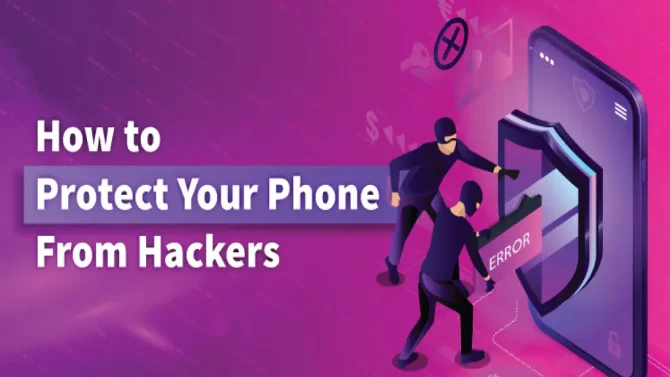How Hackers Can Access Your Phone and How to Protect Yourself
Introduction
There are various ways that hackers can potentially gain access to your phone, some of which include:
Phishing Attacks:
Phishing attacks: These attacks typically involve the hacker tricking you into giving them sensitive information such as your passwords or credit card details by posing as a legitimate entity, such as a bank or an app provider, and sending you fake emails, messages, or notifications.
Malware:
Malware: Hackers can use malware (malicious software) to gain access to your phone by infecting it with viruses, trojans, or other types of malicious code that can steal data, track your location, or even take control of your device.
Public Wi-Fi:
Public Wi-Fi: Hackers can potentially intercept data that you transmit over unsecured public Wi-Fi networks, such as in coffee shops or airports, by using tools to eavesdrop on your connection and intercept your data.
Unsecured Apps:
Unsecured apps: Certain apps may be vulnerable to hacking, especially if they are not updated regularly or are downloaded from untrusted sources. Hackers can potentially exploit vulnerabilities in these apps to gain access to your phone.
Social Engineering:
Social engineering: Hackers can use social engineering techniques to trick you into revealing sensitive information, such as your passwords or credit card details, by impersonating someone you trust, such as a friend or a family member.
How to Protect Yourself?
- To protect yourself from these types of attacks, it’s important to use strong passwords, keep your software and apps updated, avoid unsecured Wi-Fi networks, only download apps from trusted sources, and be cautious of suspicious messages or notifications. You can also use security software and anti-virus programs to help detect and prevent potential attacks.
- If you suspect that your phone has been hacked, it’s important to act quickly to limit the damage and prevent further unauthorized access. Here are some steps you can take:
- Change your passwords: Change your passwords for all your accounts and apps, especially those that contain sensitive information, such as your bank account, email, and social media accounts.
- Update your software: Make sure your phone’s operating system and all your apps are up-to-date with the latest security patches and updates.
- Install security software: Install security software, such as anti-virus and anti-malware programs, to help detect and remove any malicious software on your phone.
- Check your accounts: Check your bank and credit card accounts for any suspicious activity and report any unauthorized transactions immediately.
- Wipe your phone: If you suspect that your phone has been completely compromised, consider wiping your phone completely and restoring it to its factory settings. This will erase all your data, so make sure you have backed up your important files before doing this.
- Contact your phone provider: If you still have concerns, contact your phone provider and report the suspected hack. They may be able to provide additional guidance and support.
Remember, prevention is always better than cure, so always be vigilant and take steps to protect your phone and personal information from potential attacks.






